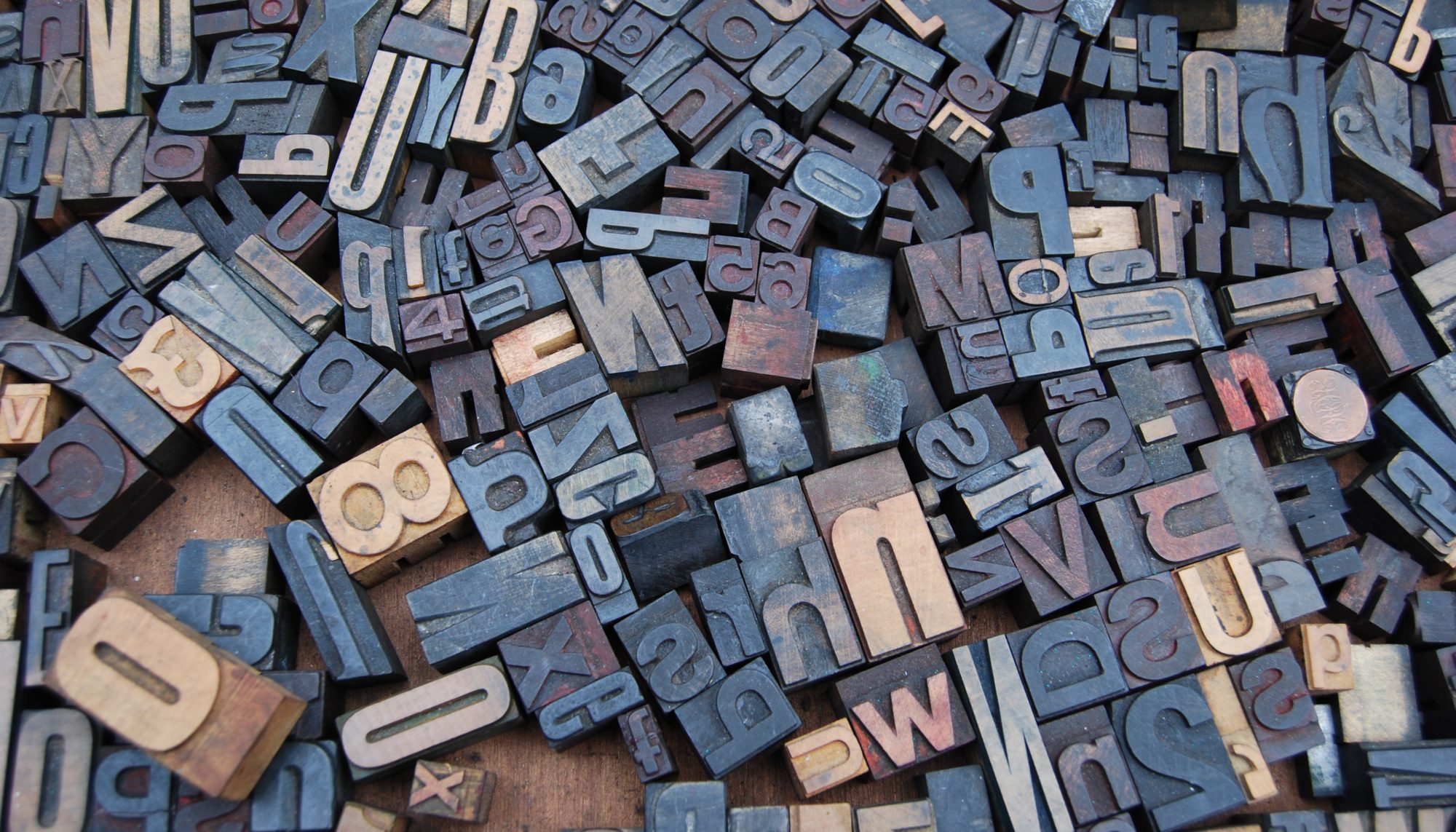We see you, Angel Reese.
You were not the face of this NCAA Final Four.
That distinction belonged to Caitlin Clark, the Iowa phenom whose prolific scoring in the women’s tournament has dominated the media coverage, from pre-game hype reels to post-game studio analysis.
Clark was deserving of the accolades. She dropped a record 41 points on previously unbeaten and defending national champion South Carolina in an electrifying semifinal game that became an instant classic. Her game is an entertaining mix of three-point bombs and dime-dropping on pick and rolls. It’s not surprising she had the media swooning.
But you are a superstar of a different flavor.

You are audacious. You trademarked the nickname, “Bayou Barbie.” You wear a crown for photos; play in false eyelashes with flowing hair and manicured nails. That swag is real. Your game is a spectacular mix of finesse and power. You put up 34 double-doubles this season, a feat never before accomplished. You were named MVP of the finals.
It’s easy to see how all you Tigers might have taken a little extra satisfaction in hanging an unheard-of 102 points on Iowa after being over-shadowed in the walk-up to the title game by Clark and the Hawkeyes. Who can blame you for handing back to Clark a little of the trash-talking she had been dishing out all tournament?
So, why was it such a big deal?
You nailed it in responding to media questions about the post-game flexing:
“I don’t fit the narrative. I don’t fit in the box that y’all want me to be in. I’m too hood, I’m too ghetto, y’all told me that all year. But when other people do it y’all don’t say nothin.”
The dog whistling was obvious, but the whole thing might have faded quickly if it didn’t cut so close to the bone.
Two days earlier South Carolina coach Dawn Staley called out the shade being thrown at her squad’s defense-minded, inside game after the Gamecocks lost to Iowa in the semi-finals.
Iowa coach Lisa Bluder in a post-game interview suggested rebounding against Carolina to “going to a bar fight.” She meant it as a compliment.
Staley took umbrage.
“The truth about our team? That’s a good question. We’re not bar fighters. We’re not thugs. We’re not monkeys. We’re not street fighters,” Staley told reporters at a news conference.
“If you really knew them, if you really knew them, like you really want to know other players that represent this game, you would think differently. So don’t judge us by the color of our skin. Judge us by how we approach the game.”
Many don’t want to see race in all of this.
Iowa is one of the whitest teams in D1 college basketball. Of nine players who took the floor in the final, seven are white. Compare that to LSU, where all eight players who got into the game are black. And South Carolina, where nine of the 10 in the semi-final are black. This in a sport where more than half of all D1 players are black.
But the prejudice isn’t in line-ups or any player’s or coach’s intentions.
The racism is too often inherent in media coverage, and the words that are chosen to represent the athletes, coaches, fans, and their actions on the court.
Naming it and shaming such behavior should be encouraged.
We see you, Angel Reese.





